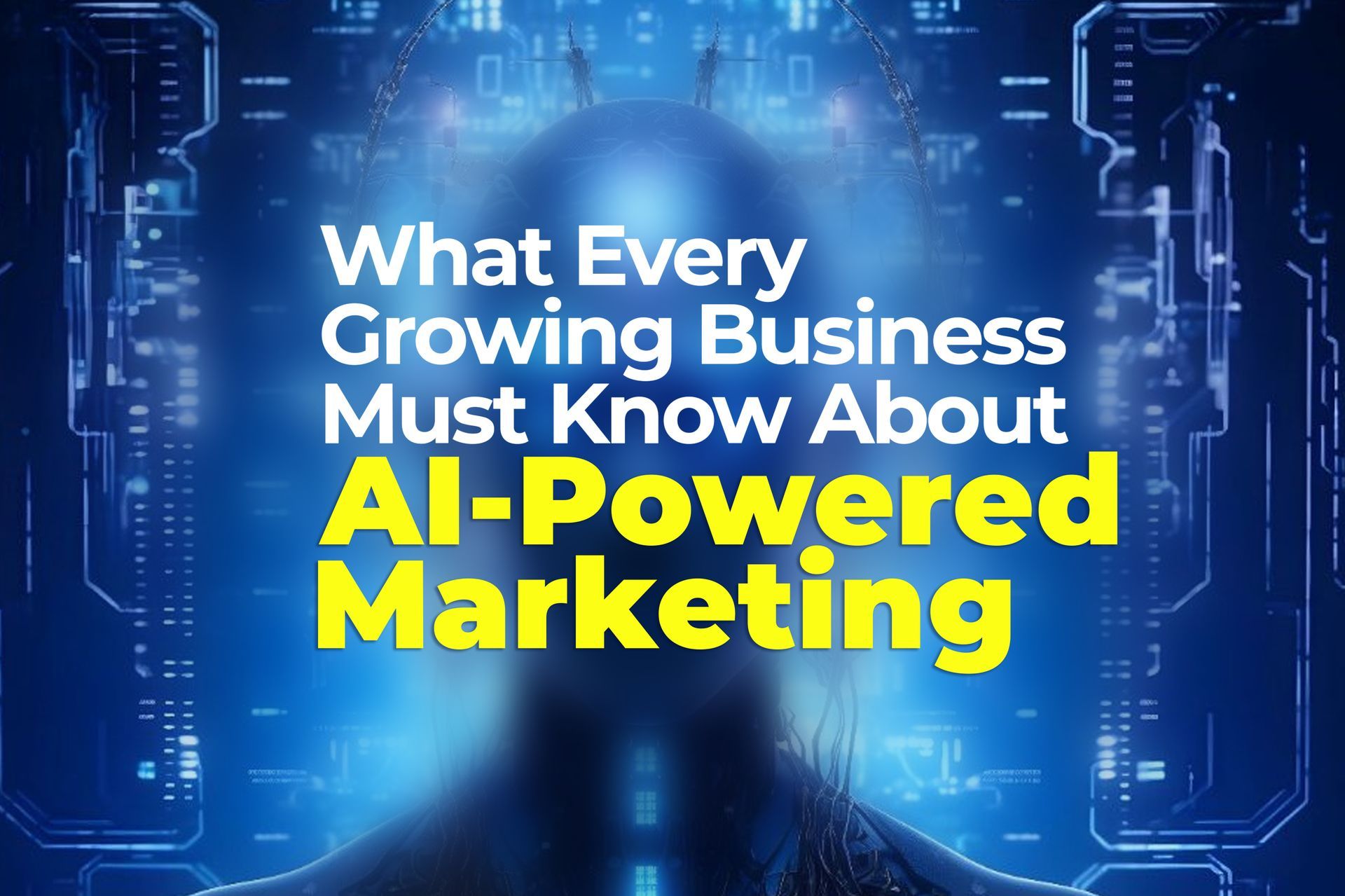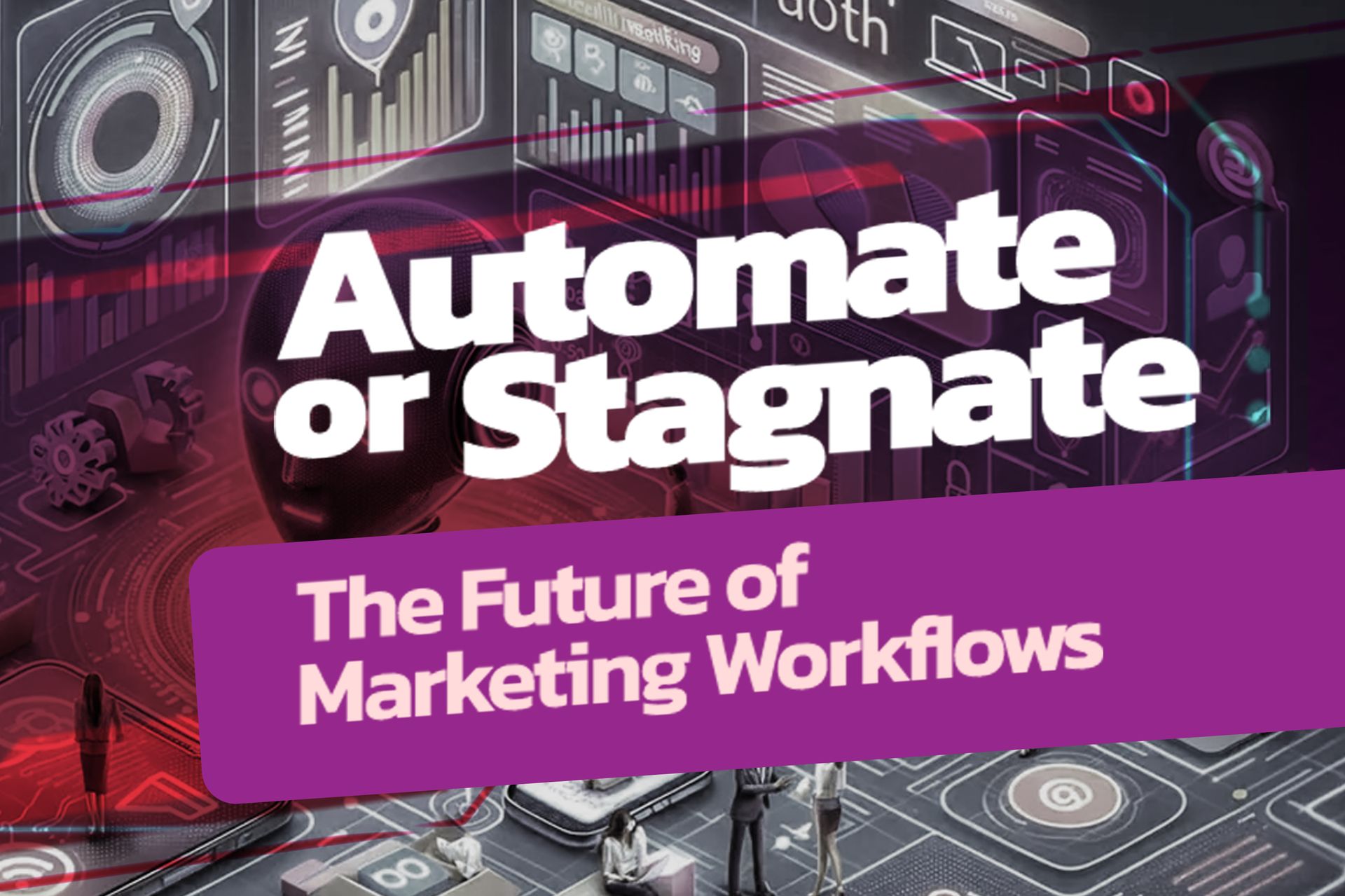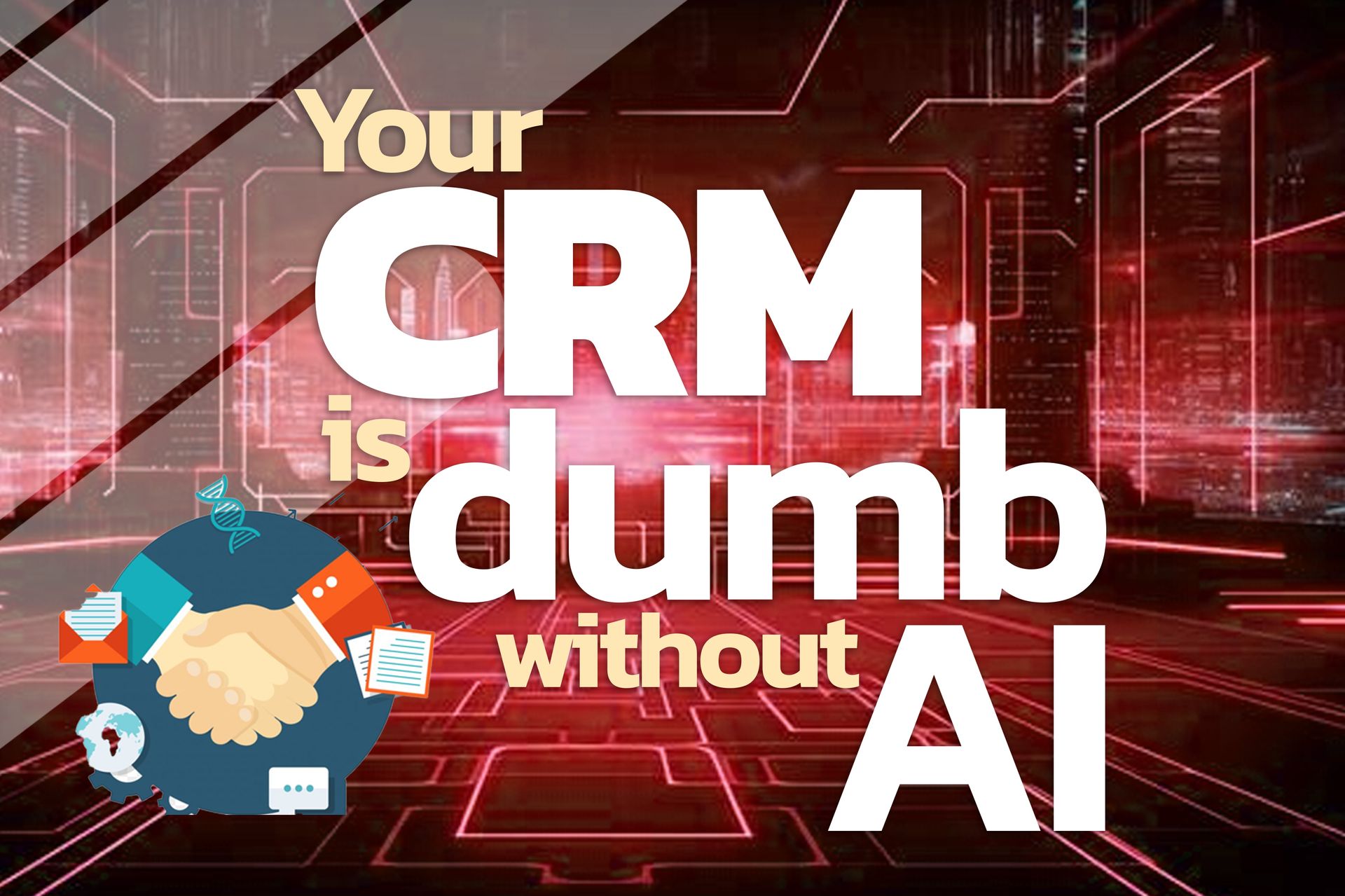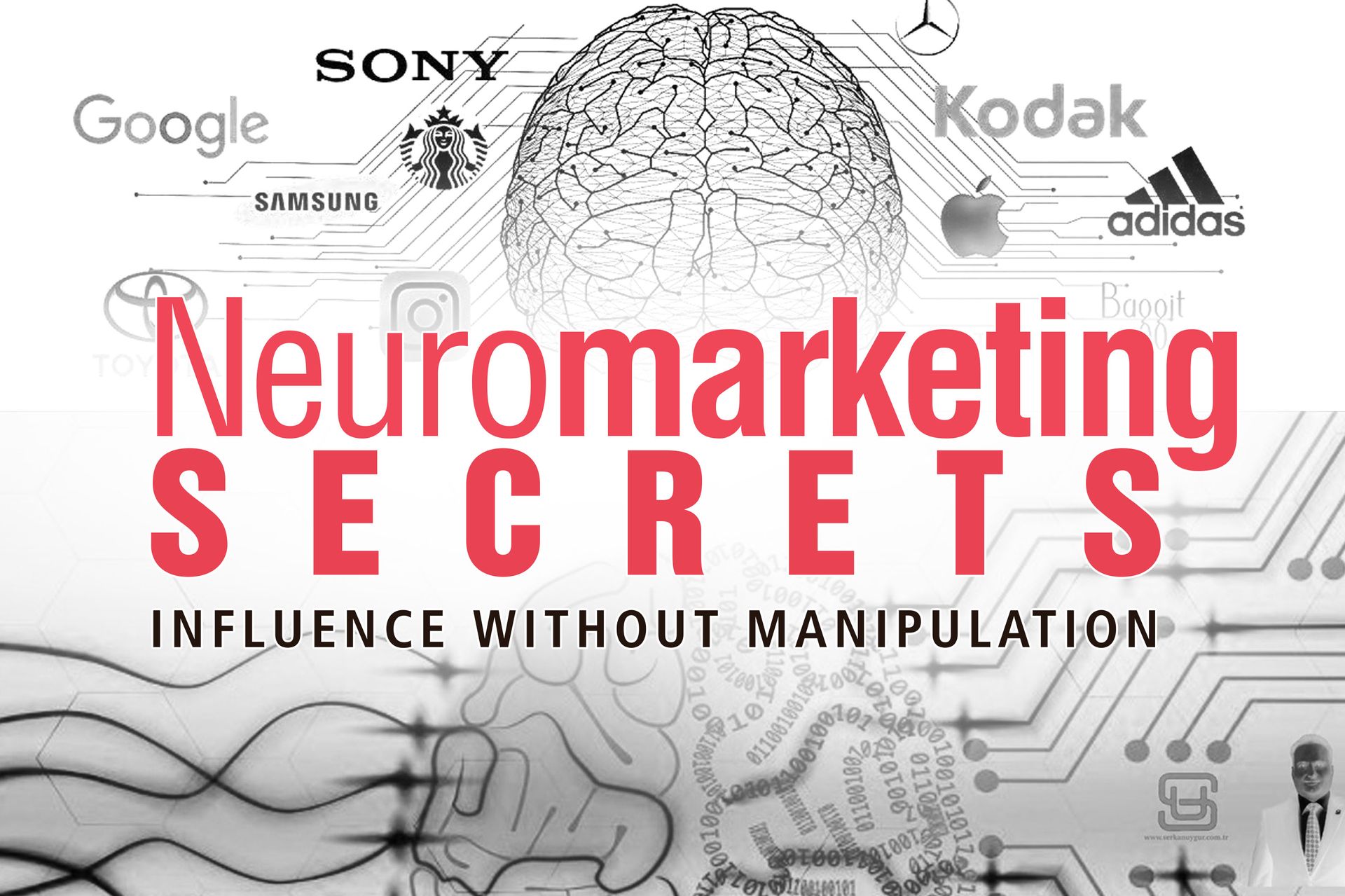Persuasion VS Manipulation
Zack Greenfield • April 27, 2021
We're here again to talk to you about a new topic that has been keeping me up at night, and it's so important for online marketers and people that are trying to grow their business. And it's this conversation, I feel like we need to have about persuasion versus manipulation.
There's two types of things going on out there with selling in my mind. And there's probably others, but these are the two for today. One is, Persuasion and the other one is Manipulation. Both of these things in different contexts could be considered maybe positive or negatives. I mean, manipulation probably almost always seems kind of negative.
However, I'm sure somebody out there can make the case. That there's a good time for that. Persuasion on the other hand sounds more like selling, which is what we're all probably trying to do with our website and our businesses and our marketing and our advertising, certainly. So we're trying to persuade buyers to come with us, buy from us, work with us, whatever, but there is a fine line. And I guess that's where I want to bring the discussion today. Here is, you know, what is the line between being persuasive and being manipulative.
For people they want to sell something and they, in their mind, they've got a way that they want to do it, right? So we get asked to build site pages, ad checkouts funnels, and all sorts of very sophisticated things. And some of them in my mind cross the line to manipulation. And, um, and I'm not here as a confessional. I think this is just a reality of this business and it's, and it's something to be conscientious about. I understand that we're all here to make money. And I, and I think that you, you, to some degree you need to push, and you're also typically, you know, a lot of us online and maybe you included are in a fiercely competitive situation with other folks and, and you want to optimize and streamline all of these things that your buyer needs to go through.
And the question really, I want to ask and attempt to have a discussion about is at what point does all of that stuff we call up, demising become manipulative. And I'm going to give you an example. Like I said, I was going to tell you a story. So we had a project where as very competitive niche, very competitive niche, and like, uh, and that involved the checkout, right? So it was that e-commerce deal. And in order to get these people to check out, we started discovering that we had to do less yes, and less, uh, what I would call traditional shopping cart stuff. So, you know, like if you go buy a TV on best buy or something, and you might take a look at that shopping cart, if you're, if you have any comm store, it's definitely worth looking at other checkout processes to see what those are.
We all are mostly trained by Amazon and, and bigger sites, like best buy and Walmart and things like that. So we, we expect a certain experience when we're checking out. What's interesting though, is that every shopping cart to some degree is either persuading or manipulating you to get through that process and get your money. Okay. So the story goes that we were finding that we had to keep thinning down. How am I, we were disclosing in the final order process to get the, the final conversion and the actual payment, which I think was where we were starting to take this thing from persuasion. Cause we did a good job of selling the product. I don't think in fact, the numbers even indicated that action was great earlier in the steps. Like people loved the sales page. People like the product page, people liked the way that we priced and packaged it.
So they were click, click, click clicking, and then they would get to the cart page. And this is where we started having a challenge. And it really, you know, I could go into that challenge and I could be looking back at that now, today I'm thinking to myself, well, well, um, you know, this was about money and all this stuff and everything else and, and, and the form and yeah, lots of things like that, which, you know, and there certainly were a lot of details. But when I reflect back on that, it's this conversation it's where is, where did we stop persuading the buyer? And we actually started to go to where we were manipulating them. So here's what I'm going to tell you where we ended up on this thing. We actually found that at the end of the checkout process on the cart page where you would check out that more people, what about the product, if we didn't show them the price at the end, which seems nuts.
Because if you look at Amazon or any one of these big businesses, when the final checkout page where you're going to click for your credit card, it always shows the price that you're going to pay. But we found that if we showed the price, when they selected the product, which of course we did, they need to know what they're buying. I mean, we're trying to be unethical here because that would be, you know, like it's not, you can't sell somebody and not tell them the price. I mean, that's flat out, correct, but we did show them on the price, but we didn't show them the price. Every step of the way we showed up, when they selected the product, they selected an entire package. In fact, and it had the price nice large. Then when they go to enter their credit card information, of course that's just a form.
And then when they do the final confirmation, we showed the product they were getting, but we found that if we took the price off at that point, conversions went up. So I felt like that was the case beginning of where you're kind of going to, you know, what might be like the dark side of internet selling. And I want you guys to think about it. I want to tell this story, because I think that one of the things I can share on this channel is stories because I'm in this business and I have some experiences to share with you all, a lot of you are using, uh, a shopping cart product, you know, like Ecwid or Shopify or whatever it is. And they don't really let you do stuff like we're able to do. But I want you to think about it in terms of a bigger marketing, you know, contemplation, which is where we want.
And I want to help you be as persuasive as you possibly can and be competitive, competitive in your niche and in your market as much as you can. Okay. Um, but I also want you to recognize that, that there is a point where you go past persuasive selling and into manipulative selling. And I don't necessarily believe that's a great place go. I think that in the long run, the long game that will end up working against you. If, if you're in that spot right now, I'd invite you to review what you're up to and to review how you want to work going forward. And especially if you're trying to build something, you know, and the case of this project, that was not what was going on. It was a running gun deal and, you know, the results spoke for themselves and we were hired to get results.
Um, so it's just that simple. We didn't break any rules, but again, reflecting back, I think it's an interesting conversation to have and something that I wanted to share with all of you and let you run that around for yourself a little bit and have a little bit of awareness about how that can start to happen online. And it doesn't necessarily have to happen in a shopping cart can also happen on a sales page or the way that you photog photograph of product or the way that you might write up some specs or the way that you show something, you know, inaction that it might not a hundred percent be capable of doing right. Or it might be in the way that you present your service and make claims. Right. Um, so you just be careful with that stuff in a way, so much that be persuasive, but I would challenge you to make sure that you stop before you become manipulative.
I hope that you enjoyed that and it might have triggered something for you to watch out for, and also as a buyer and a shopper online, which I am, and you probably are also be conscientious of when you're being persuaded versus manipulate. If you feel like you're being manipulated, bounce, go shop somewhere else. That's my last little thought.





















